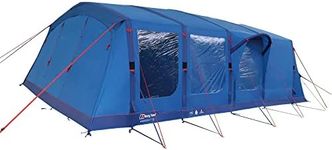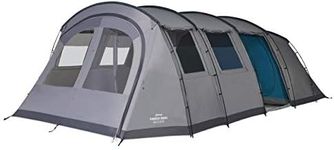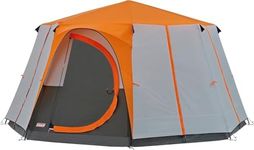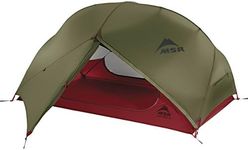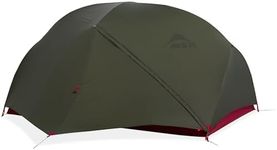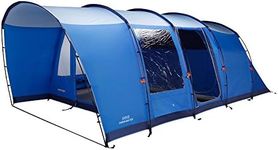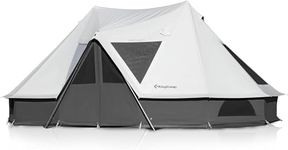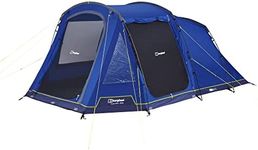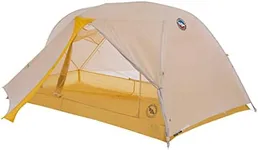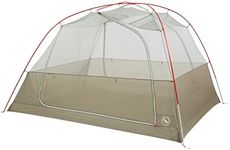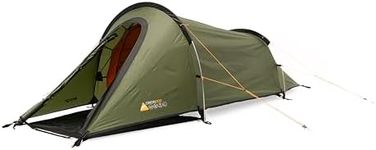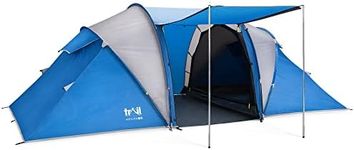Buying Guide for the Best Tents
Choosing the right tent is crucial for a comfortable and enjoyable outdoor experience. Whether you're planning a weekend camping trip or a multi-day hiking adventure, the right tent can make all the difference. When selecting a tent, consider factors such as the environment you'll be camping in, the number of people it needs to accommodate, and the type of activities you'll be doing. Understanding the key specifications of tents will help you make an informed decision that suits your needs and preferences.CapacityCapacity refers to the number of people a tent can accommodate. It's important because it determines how much space you'll have inside the tent. Tents are typically categorized by the number of people they can fit, such as 1-person, 2-person, 4-person, etc. If you're camping alone, a 1-person tent might suffice, but if you prefer extra space for gear or comfort, consider a 2-person tent. For families or groups, choose a tent that matches the number of occupants, but also consider if you need additional space for gear or activities inside the tent.
SeasonalitySeasonality indicates the tent's suitability for different weather conditions. This is crucial for ensuring comfort and safety during your camping trip. Tents are generally classified as 3-season or 4-season. A 3-season tent is designed for spring, summer, and fall, providing ventilation and protection against rain and wind. A 4-season tent is built to withstand harsher conditions, including snow and strong winds, making it suitable for winter camping. Choose a tent based on the typical weather conditions you expect to encounter during your trips.
WeightWeight is the total mass of the tent when packed, and it's important for portability, especially if you're backpacking. Tents can range from ultralight models, which are ideal for backpackers who need to minimize their load, to heavier models that offer more space and durability. If you're hiking long distances, a lighter tent will be easier to carry. However, if you're car camping or don't need to carry the tent far, a heavier tent with more features might be more comfortable.
Setup ComplexitySetup complexity refers to how easy or difficult it is to pitch the tent. This is important because it affects how quickly you can set up camp, especially in adverse weather conditions. Tents can range from simple designs with a few poles that are easy to set up, to more complex structures that require more time and effort. If you're new to camping or often set up camp in the dark or bad weather, a tent with a straightforward setup process is advisable. More experienced campers might opt for a more complex tent if it offers additional features or stability.
Material and DurabilityThe material and durability of a tent determine its longevity and ability to withstand the elements. This is important for ensuring that your tent can handle the conditions you plan to camp in. Tents are typically made from nylon or polyester, with varying levels of waterproofing and UV resistance. A more durable tent will last longer and provide better protection, but it may also be heavier. Consider the environments you'll be camping in and how often you'll use the tent to decide on the right balance between durability and weight.
VentilationVentilation refers to the tent's ability to allow air to flow through, reducing condensation and keeping the interior comfortable. This is important for maintaining a pleasant environment inside the tent, especially in warm or humid conditions. Tents with mesh panels and multiple vents offer better airflow. If you're camping in hot climates or during the summer, prioritize a tent with good ventilation. In colder conditions, you might prefer a tent with fewer vents to retain warmth.

